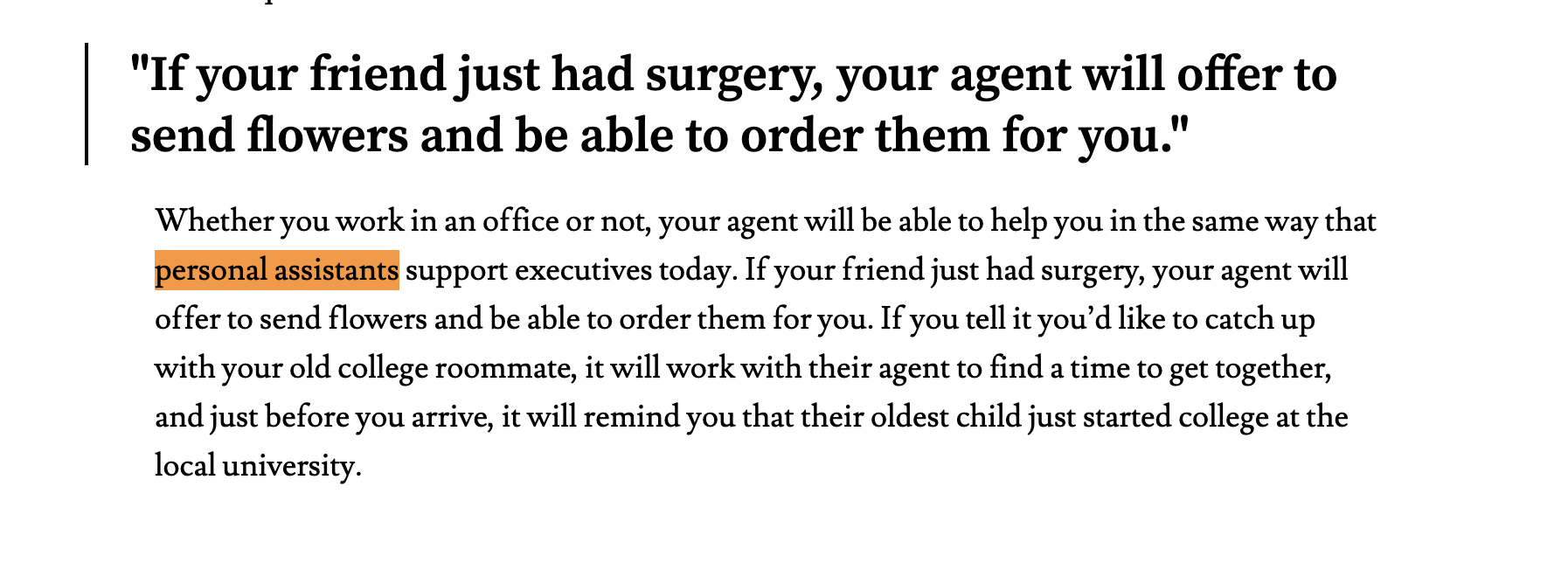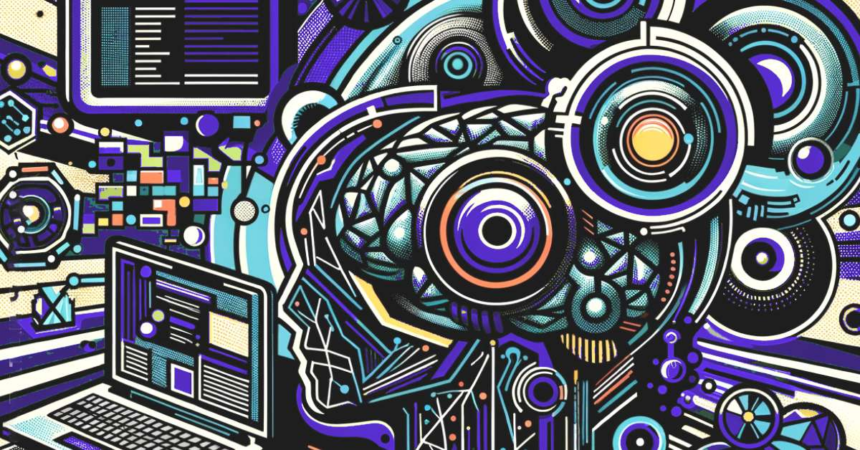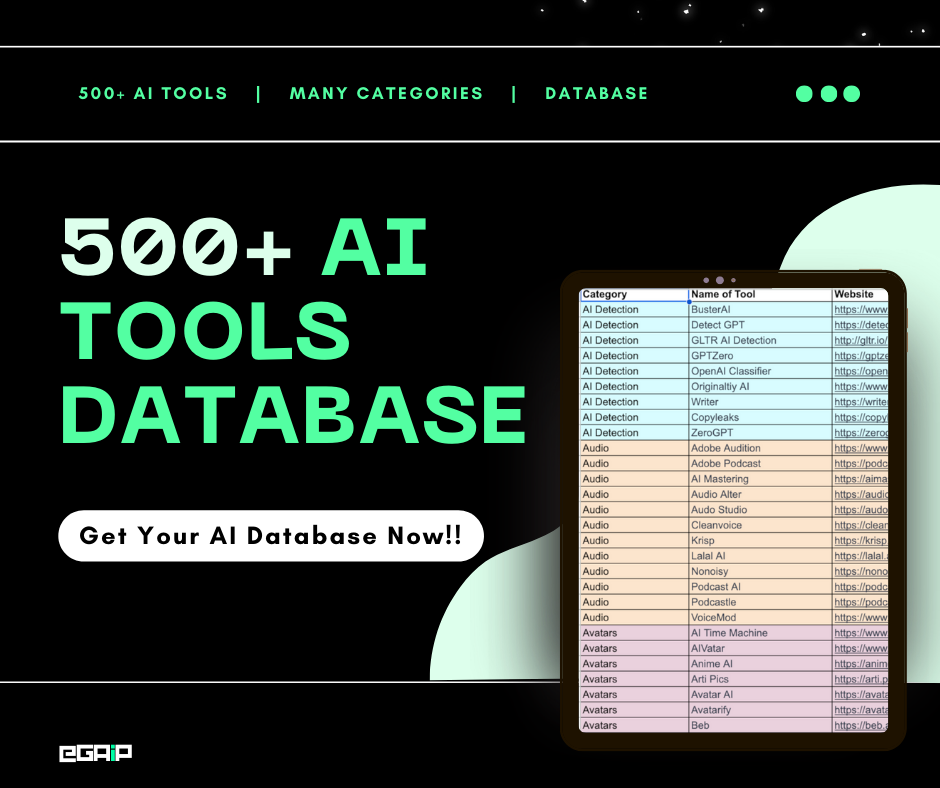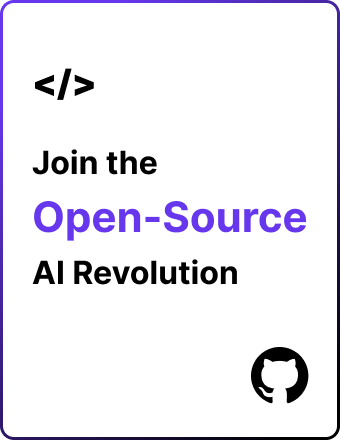- Bill Gates predicts AI will revolutionize computer use, eliminating the need for separate apps for different tasks.
- AI agents will provide personalized assistance in various fields, including healthcare, education, and entertainment.
- The advent of AI agents brings significant challenges and ethical considerations, including privacy and data security concerns.
November 10, 2023: In a profound insight into the future of technology, Bill Gates, the co-founder of Microsoft, recently shared his perspective on how artificial intelligence (AI) is poised to revolutionize the way we interact with computers and reshape the software industry.
According to Gates, the advancement of AI will bring about the most significant shift in computing since the transition from command-line to graphical user interfaces.
Gates emphasized that current software limitations, which require users to choose specific applications for tasks, will soon be a thing of the past.
He envisions a future where AI-driven agents understand and respond to natural language, managing various tasks based on their knowledge of the user.
These agents, as Gates describes, will be able to perform tasks across multiple applications, adapting and improving over time through continuous interaction with users.
These AI agents, unlike the simplistic bots of today, will proactively suggest actions and learn from users’ preferences and behavior patterns.
Gates compared them to personal assistants, capable of aiding in everything from travel planning to scheduling meetings, all personalized to the user’s preferences and lifestyle.

One of the most significant impacts of these agents, as Gates pointed out, will be in democratizing services such as healthcare, education, productivity, and entertainment, which are currently inaccessible or expensive for many.
In healthcare, AI agents could assist in basic triage and provide health advice, significantly benefiting regions with limited access to medical professionals. Similarly, in education, AI tutors could offer personalized learning experiences, supplementing teachers’ work.
Gates also foresees AI agents revolutionizing productivity by taking on tasks like drafting business plans or creating presentations, thus acting like virtual personal assistants.
In entertainment and shopping, these agents could curate personalized recommendations and facilitate purchases, transforming the user experience.
However, Gates acknowledges the challenges and ethical considerations that come with the development of these sophisticated AI agents. Issues such as privacy, data ownership, and the potential impact on human relationships and societal norms need careful consideration and regulation.
In closing, Gates’ insights suggest an imminent and radical transformation in the way we use technology, with AI agents leading the charge.
This change, while promising, also brings forth significant questions and challenges that society will need to address.






